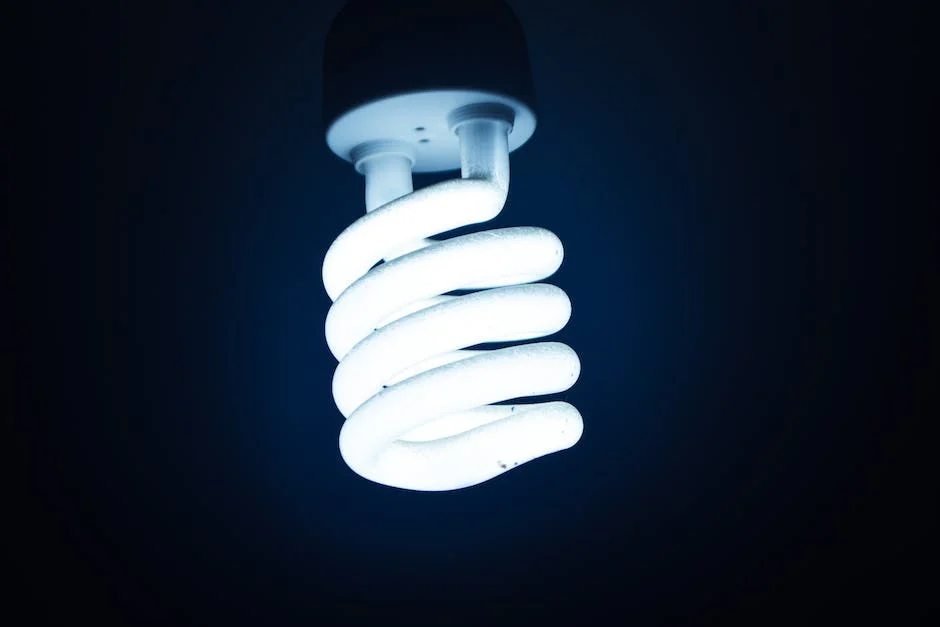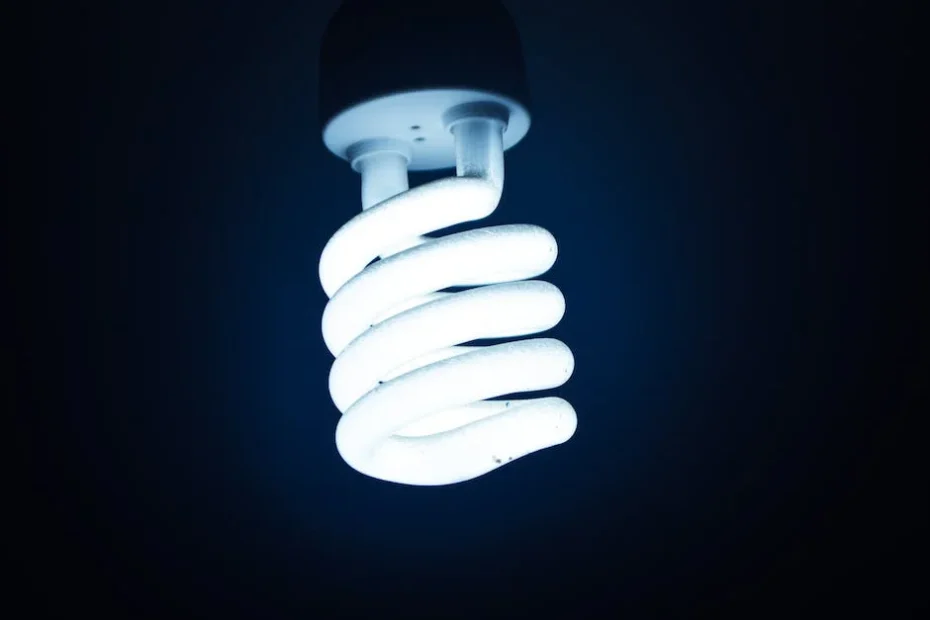The importance of energy efficiency in homes
Energy efficiency is a key factor in creating a comfortable and cost-effective home environment. Finding the perfect balance between insulation and HVAC systems is essential in maximizing energy savings. While insulation helps to keep the desired temperature inside the home by minimizing heat transfer, HVAC systems are responsible for heating and cooling the space. By properly insulating the home, less energy is required to maintain a comfortable temperature, reducing reliance on HVAC systems and ultimately leading to significant energy savings. Understanding the importance of energy efficiency in homes is not only beneficial for the environment but also for homeowners’ wallets.

Understanding the role of insulation in energy savings
Insulation plays a vital role in achieving energy savings and maintaining a comfortable indoor environment. By reducing heat transfer through walls, ceilings, and floors, insulation helps to keep the desired temperature inside and prevent the escape of conditioned air. It acts as a barrier, minimizing the need for excessive heating or cooling, and thus reducing energy consumption. Furthermore, insulation also helps to dampen noise and improve indoor air quality by preventing the infiltration of dust, allergens, and pollutants from the outside. Understanding the importance of insulation and its impact on energy efficiency is key to finding the perfect balance between insulation and HVAC systems for optimal energy savings.
Exploring the benefits of proper insulation
Proper insulation plays a crucial role in achieving optimal energy savings, and understanding its benefits can help homeowners strike the perfect balance with their HVAC systems. Insulation acts as a barrier, preventing heat transfer between the interior and exterior of a home. By reducing air leakage and heat loss, insulation helps to maintain a comfortable indoor temperature while minimizing the workload on the HVAC system. This not only leads to significant energy savings but also prolongs the lifespan of the HVAC equipment. Additionally, insulation enhances soundproofing and reduces condensation, creating a more comfortable and healthier living environment. By exploring the benefits of proper insulation, homeowners can make informed decisions to maximize energy efficiency and enjoy long-term cost savings.
The role of HVAC systems in maintaining comfortable temperatures
HVAC systems play a vital role in maintaining comfortable temperatures in our homes and buildings. While insulation is crucial for preventing heat transfer, HVAC systems work alongside insulation to create the perfect balance for energy savings. These systems control the heating, ventilation, and air conditioning, allowing us to adjust the temperature according to our needs and preferences. By efficiently distributing warm or cool air throughout the space, HVAC systems ensure that we stay comfortable while minimizing energy consumption. With the right combination of insulation and HVAC, we can create a more energy-efficient and comfortable living environment.
How HVAC systems impact energy consumption
HVAC systems play a significant role in energy consumption, and finding the perfect balance between insulation and HVAC is essential for maximizing energy savings. While insulation helps to reduce heat transfer and maintain a comfortable indoor temperature, HVAC systems are responsible for heating, cooling, and ventilating the space. A well-insulated building with an efficient HVAC system can significantly reduce energy usage and lower utility bills. However, an improperly sized or outdated HVAC system can lead to unnecessary energy consumption and increased costs. Understanding the impact of HVAC systems on energy consumption is crucial for making informed decisions and achieving optimal energy savings.
The relationship between insulation and HVAC systems
Insulation and HVAC systems have a symbiotic relationship when it comes to energy savings. Insulation acts as a barrier, preventing heat transfer between the interior and exterior of a building. By reducing the amount of heat that escapes or enters a space, insulation helps HVAC systems work more efficiently. On the other hand, HVAC systems play a vital role in maintaining a comfortable indoor temperature, especially in extreme weather conditions. When insulation and HVAC systems work together, the result is a well-balanced and energy-efficient environment. By understanding the relationship between insulation and HVAC systems, homeowners and building managers can make informed decisions to maximize energy savings and create a more sustainable living or working space.
Finding the perfect balance for energy savings
Finding the perfect balance between insulation and HVAC is key to maximizing energy savings in your home. While insulation helps to keep the desired temperature inside by reducing heat transfer, HVAC systems are responsible for maintaining that temperature. It is crucial to have proper insulation in your home to minimize heat loss or gain, which in turn reduces the workload on your HVAC system. By finding the right balance between insulation and HVAC, you can optimize energy efficiency, reduce utility bills, and create a comfortable living environment.
Tips for optimizing insulation and HVAC performance
Optimizing the performance of both insulation and HVAC systems is key to achieving maximum energy savings in your home. Insulation acts as a barrier, preventing heat transfer between the inside and outside of your home. By ensuring that your insulation is properly installed and well-maintained, you can minimize energy loss and reduce the workload on your HVAC system. In turn, a well-functioning HVAC system will efficiently heat or cool your home, further reducing energy consumption. By finding the perfect balance between insulation and HVAC, you can create a comfortable and energy-efficient living space while also saving on your utility bills.
Case studies: Real-life examples of energy savings with insulation and HVAC improvements
Real-life case studies provide concrete evidence of the energy savings that can be achieved with insulation and HVAC improvements. These examples highlight the importance of finding the perfect balance between the two to maximize efficiency and cost-effectiveness. For instance, a study conducted in a residential building showed that by combining insulation upgrades with HVAC system improvements, energy consumption was reduced by up to 30%. Another case study focused on a commercial building, where the installation of high-quality insulation materials and the optimization of the HVAC system resulted in annual energy savings of over 20%. These real-life examples demonstrate the significant impact that insulation and HVAC enhancements can have on reducing energy consumption and saving money in both residential and commercial settings.
Conclusion: Achieving energy efficiency with the right balance
Finding the right balance between insulation and HVAC systems is essential for achieving optimal energy efficiency in your home. While insulation helps to keep the desired temperature inside, HVAC systems are responsible for regulating and maintaining that temperature. It is crucial to ensure that your home is properly insulated to minimize heat transfer and reduce the workload on your HVAC system. By doing so, you can maximize energy savings and create a more comfortable living environment. Remember, striking the perfect balance between insulation and HVAC is the key to achieving long-term energy efficiency and reducing your carbon footprint.
